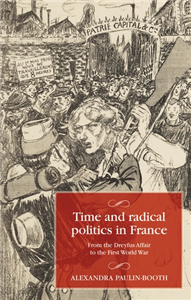Known and new psychoactive substances
Intoxicating? Intoxicating drugs are as old as mankind itself. Whether herbal or produced synthetically in a laboratory, their variety is almost limitless. And every year, more substances are added to the list. Niels Eckstein, who is a Professor of Drug Regulatory Affairs and Pharmacology and a long-standing expert in the narcotics scene, explores the abysses of the darknet and dealer hell, provides insider information, conducts interviews with dealers and producers, and offers profound insights into the bizarre, parallel world of intoxicating substances. At the same time, the author takes a thorough look at the chemistry of the different substance classes and the neurobiological basis of addiction. He also covers production and assesses the danger and addiction potential of designer drugs, BTM, NPS, medicinal drugs and doping substances. This book outlines the political and sociopolitical dimensions of the use of psychoactive substances, classifies them legally, describes risks, approaches, and help strategies, highlights routes out of drug problems and alternatives to drug prohibition, and comments on the opioid crisis in the United States and the „war on drugs.“ “I don‘t care how it‘s regulated: if he wants it and can pay for it, he gets it. If I get caught, I‘ll go to jail for a few years, whether it‘s for a kilo of coke, meph or testo, it doesn‘t matter.“ – In an interview with a dealer






















